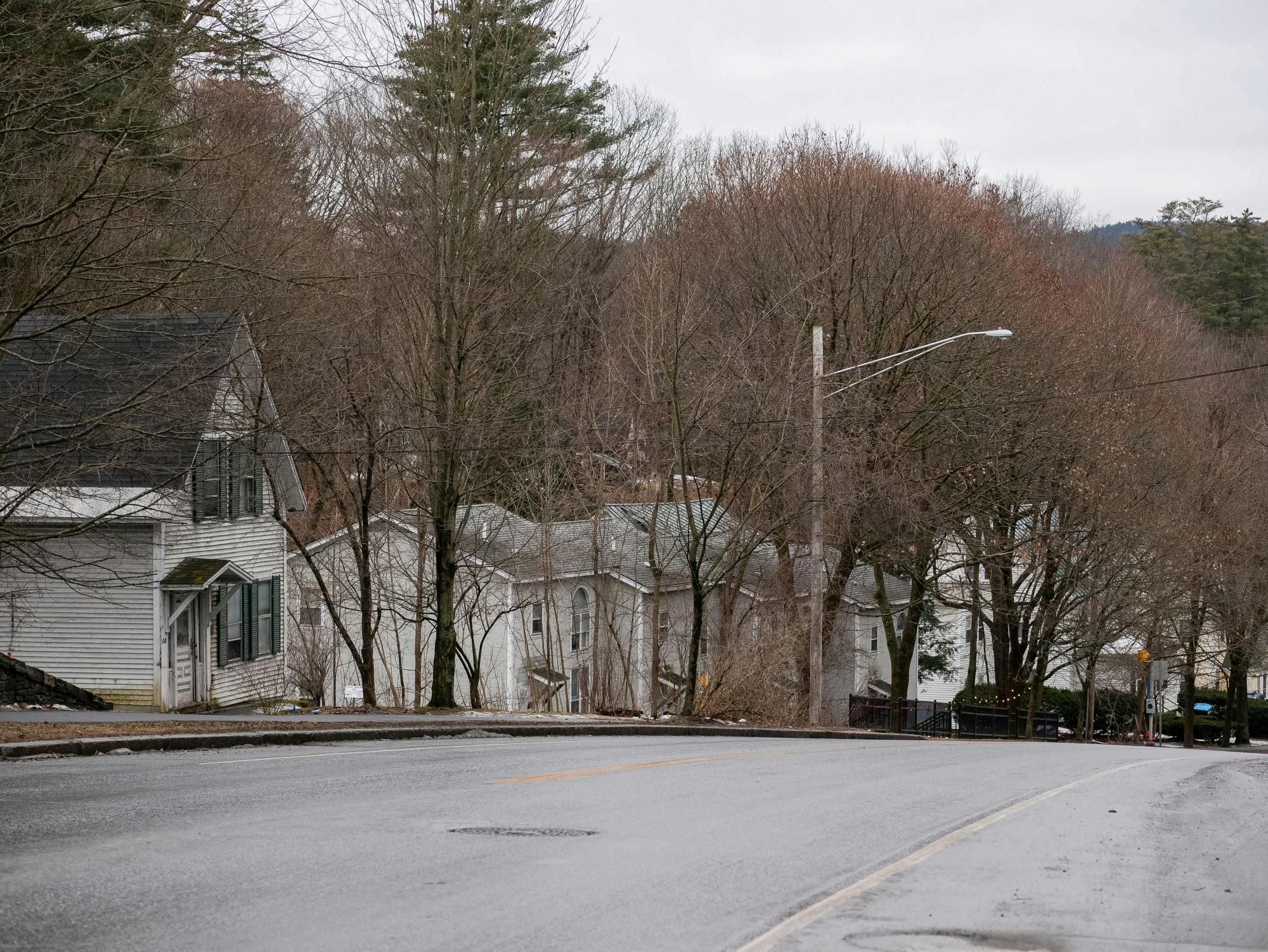On Feb. 20, the Office of Communications announced that the College would hold discussions with Hanover planning officials on March 5 about building a new, apartment-style residence on what is currently 25-27 West Wheelock Street. This update comes six months after the College initially announced the project last September, five days after President Sian Beilock unveiled plans to add up to 1000 new beds across campus in her inaugural speech.
With housing shortages on campus exacerbated by ongoing dormitory renovations, the new, apartment-style housing will provide 290 additional beds for undergraduate students.
According to Josh Keniston, Senior Vice President for Capital Planning and Campus Operations, an informal presentation to the planning board will take place on March 5, along with the beginning stages of engagement — which will consist of talking with students and Hanover locals — to ensure that the new designs are “going to work for everyone.” Once the planning board accepts the proposal, Keniston said that the goal would be to “break ground this fall.” The tentative opening date, if everything goes according to plan, will be the fall of 2026, according to Keniston.
The Office of Communications’ announcement noted that a change in the Town of Hanover’s zoning ordinance — which enabled high-density housing — has allowed for the building’s construction. According to Keniston, the building will be constructed in the Main Wheelock Zone, a separate zoning district from the I, or Institution Zone, where most of the campus is built.
“Essentially, what this zone allows for is multi-family, apartment-style housing that is far denser than what was previously allowed,” Keniston said, “I think that works really well for us. One of the things we have been hearing from students is the desire for more independent-style living, which matches well with the apartment style we are looking at.”
According to Dartmouth News, the building will seek LEED gold certification, the second-highest green building rating achievable on the LEEDS building sustainability certification scale. Keniston noted that the target for all ongoing operations, including this new property at West Wheelock Street, revolves around going carbon neutral and thinking of ways to “create an overall campus system that is relying on non-combustion based technologies.”
Units in the new building will be laid out in a 2, 3 or 4-bedroom style apartment, with bedrooms intended for one person each around a shared kitchen and living room.
“We’ve heard very loud and clear some of the challenges provided by students about current resident halls not meeting everyone’s needs,” he said.
Keniston added that he believes some of those needs will be met by having additional types of housing, such as apartment-style.
Although construction is yet to start, some students are hopeful of its implications for Dartmouth’s housing crisis solution.
“It’s good that there’s more housing because it might resolve that issue of having to take off terms on specific terms,” Kevin Moran ’25 said.
Moran added that the addition of more independent housing choices will benefit students who might want more privacy and space for themselves.
On the other hand, Ayush Ajmani ’24 said he doesn’t think new housing options will change existing policies regarding when students take off-terms, as the D-Plan has become a staple of Dartmouth culture. However, he noted that “when you make on-campus housing better, it encourages students to live more on campus.”
Both Moran and Ajmani provided positive feedback on the new building’s sustainability certifications.
“We’re in the middle of the forest,” Moran said. “I think it’s a good approach to start eliminating our carbon footprint.”
Similarly, Ajmani said that he believes “it’s a noble goal to be net carbon neutral.”
Keniston said he believes that although the addition of 290 beds will not be an immediate relief to housing shortages on campus, it will be the start of many changes to come in the following years. Referring to Beilock’s 1000-bed goal, Kenistion said that it’s “very doable.”
Keniston said he remains optimistic about the opportunity for new projects as the College seeks to expand its housing commitments, not only to undergraduate students but also for faculty, staff and graduate students.
“Renovations and construction take time, but I think what you’re seeing with this project — both the new building at 25[-27] West Wheelock but also the renovations that are happening in the East Wheelock cluster and coming up to summer in Fayerweather [Halls] — is really a commitment to improving the housing situation, which is one of our key areas of focus as an institution right now,” Keniston said.




